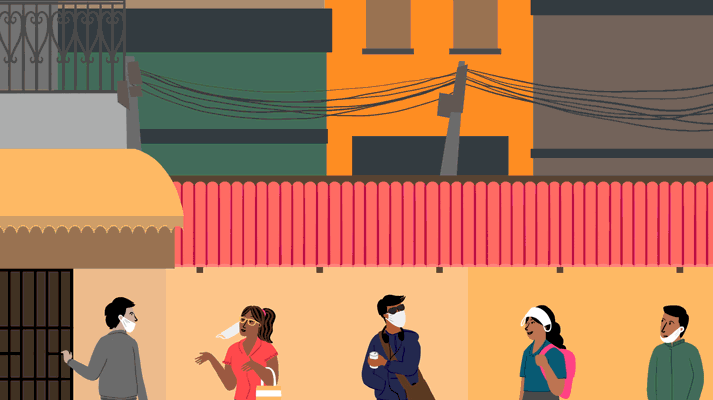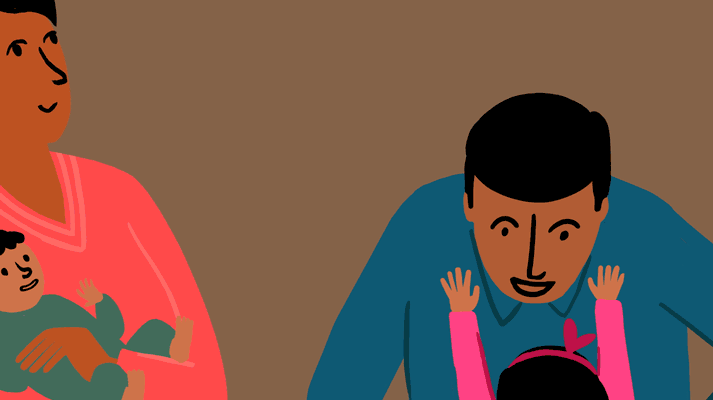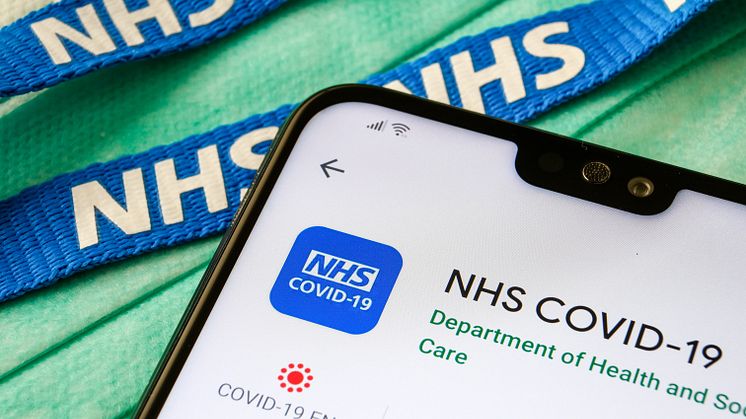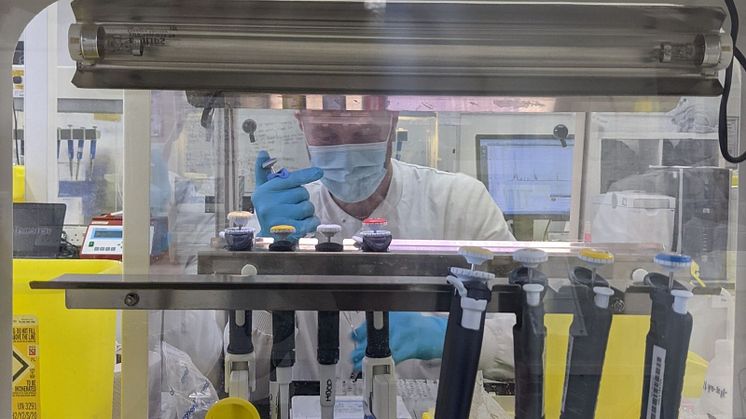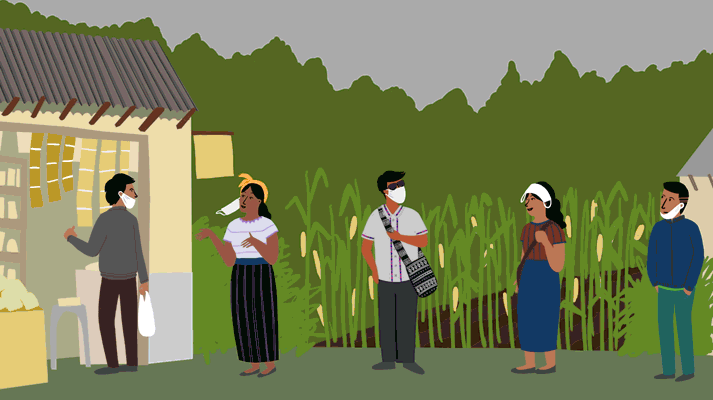
Press release -
‘Languageless’ public health messaging to fight the pandemic
Academics from Northumbria University, Newcastle, have developed public health messaging materials with a difference to overcome communication challenges in Guatemala.
A research collaboration between Northumbria’s Departments of Psychology and Arts and the Human Rights Office of the Archbishop of Guatemala has seen the development of a set of animated GIFs promoting Covid-19 preventive behaviours in Guatemala.
Despite having the largest economy in Central America, Guatemala endures widespread poverty and inequality, with some of the worst health issues in the world. The country faces significant challenges when it comes to public health messaging, due to an ethnically diverse population and 25 official languages being spoken – Spanish, 22 Mayan languages, Xinca, and Garifuna.
Originally conceived prior to the Covid-19 pandemic, the collaborative project was supported by funding from Northumbria University’s QR Global Challenges Research Fund (GCRF) grant. It aimed to address health communication in relation to malnutrition and the transmission of infectious and communicable diseases.
Following the onset of the pandemic, in March 2020, the project was adapted in response to the urgent need to communicate key Covid-19 public health messages to people in Guatemala.
Adopting a co-design approach, Associate Professor Nicki O’Brien and Senior Lecturer Santosh Vijaykumar, both experts in health psychology, worked with international award-winning animation director Ellie Land, Senior Lecturer in Northumbria’s Arts Department. The team also partnered with London-based freelance animator Lottie Kingslake, who has experience of life in Guatemala while volunteering for a charity there.
In order to ensure the campaign materials were culturally sensitive, relevant and engaging, the research team conducted interviews with health professionals in Guatemala and evaluated their testimonials. Alongside this, they reviewed the country’s existing Covid-19 visual health communication, to co-design animated GIFs as a ‘languageless’ form of communication that could be distributed through social media. As a result, the team developed four evidence-based and culturally appropriate GIFs to specifically target families and young people in rural and urban settings.
Associate Professor Dr Nicki O’Brien, Chartered Health Psychologist and project lead on this research, said: “Effective communication about Covid-19 that does not rely on language is essential in Guatemala where there are 25 official languages. The idea for this project stemmed from my experience of living in Guatemala and working for the Human Rights Office, where I had seen first-hand the health challenges that the country faces. So, bringing together my expertise in the science of behaviour change, the expertise of my health communication and animation colleagues, and the expertise of the Human Rights Office we co-produced four languageless, animated GIFs. These GIFS use visual storytelling to communicate how to reduce Covid-19 transmission through key preventive behaviours.”
The GIFs show Covid-19 preventive behaviours, encouraging handwashing and physical distancing, illustrating the importance of wearing a mask and demonstrating how to wear a mask properly. The Human Rights Office of the Archbishop of Guatemala are using the GIFs on social media and on Guatemala’s catholic television channel, which airs across the whole country. The project team are also engaging with other organisations to spread the GIFs and their vital public health messages further.
Luisa Fernanda Nicolau, Human Rights Office of the Archbishop of Guatemala (ODHAG), said: “It was clear in Guatemala that there wasn’t good awareness or promotion of mask wearing as an effective way to reduce the transmission of Covid-19. Therefore, together with Northumbria University in the UK, the ODHAG wanted to address this, specifically focusing on urban and rural families, and the youth population.
“With support from animators, we have developed some GIFs - we want the Guatemalan population to understand the correct way to wear masks, whilst respecting their multiculturality and mother language at the same time. We invite civil society organisations to reshare these GIFs and protect Guatemala through correct usage of masks.”
See the GIFs created through the research collaboration on Northumbria University's Twitter feed.
<ENDS>
Notes to editors:
The GIFs are available to download, please see files attached to this press release.
Topics
Categories
Northumbria is a research-rich, business-focused, professional university with a global reputation for academic excellence. Find out more about us at www.northumbria.ac.uk --- Please contact our Media and Communications team at media.communications@northumbria.ac.uk with any media enquiries or interview requests ---







